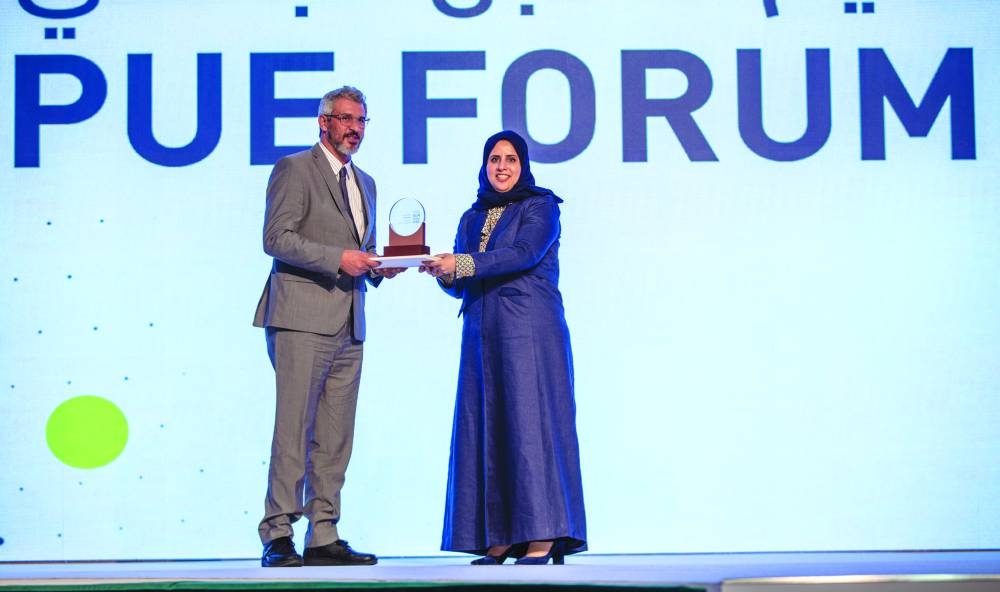The World Teachers’ Day celebrations by Qatar Foundation (QF) Saturday highlighted the role of music in academic and personal growth, according to an official statement. “Learning about music strengthens children’s and young people’s cultural identity and their social connections. Music is rooted in the collective consciousness of a society, and especially its youth,” Yassine Ayari, the professor of music at Qatar Academy Al Wakra (QAW), one of the schools under Qatar Foundation’s Pre-University Education (PUE), said.
According to Ayari, music should be viewed as a science, in addition to being an art and a form of entertainment.
“It is a broad field that is studied from many angles, including music theory, music history, acoustics, as well as composition. Music contains components that can be studied and analyzed scientifically, as well as being a human and artistic experience that depends on creativity and expression of feelings,” he said.
He emphasised the importance of music to Qatari cultural heritage and pointed out how QF’s educational ecosystem enables spaces for teaching and learning to be characterized by creativity.
“Because of the integration that characterizes QF’s ecosystem, every time I moved to teach at a different school, I did not feel I was heading for an unfamiliar destination. At the same time, every experience has had its own unique characteristics and its value to me. What I want to do is transfer my knowledge and my passion for music, especially music that relates to Qatari cultural heritage and Qatari art, to young people. And QF feels like my family in this regard. it understands my aspirations in teaching,” he said.
“Students love music and the arts. They just need it to be framed in a way that encourages them to respond, and for information to be delivered in a way that sparks their passion. And connecting traditional music to their cultural identity enhances their sense of pride and rootedness in their country,” he added.
He also debunked notions that children and young people have lost interest in authentic traditional music, and what it meant to their ancestors. “This generation is attached to its past, even if there can be some challenges in manifesting this attachment,” he says.
“Children and young people are ready and willing to absorb music that is rooted in their cultural heritage, even amid the dynamics of change that are such a feature of the modern world. The seed is there, we just have to work on making it grow into a tree. The openness of students to embrace today’s international music does not mean that they are isolated from how music is manifested in their local heritage and culture. The interest that students show in initiatives and events such as traditional tales and traditional music festivals, and learning traditional songs, shows their connection to their heritage and their sense of pride in their identity and values,” he said.
"More investment should be made in the heritage aspect of music so that local music remains of interest to parents, grandparents, and children alike. The love of music can make generational conflict at the musical level disappear forever. We only have to improve the way we teach it to our children," he explained.

